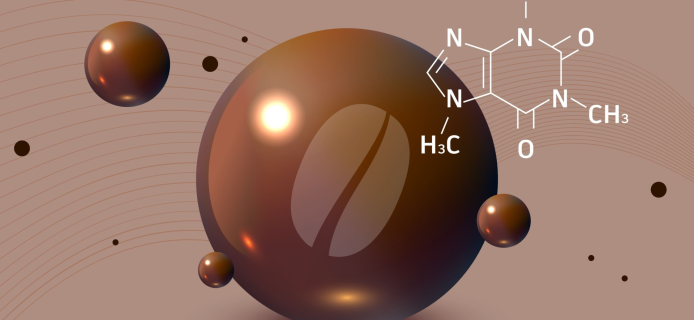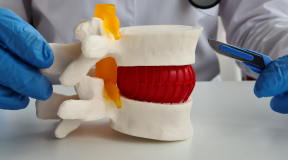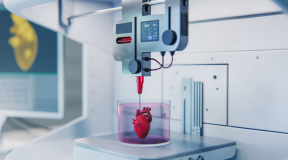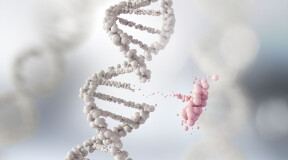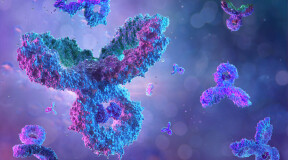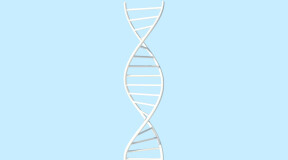-
en

Med & Bio
The most advanced technologies in the service of medicine are a key to raising the average life expectancy and improving people’s quality of life.
\nIn this section we write about the ways innovations help doctors to provide treatment to people and prevent dangerous diseases, as well as to improve and enrich what nature has endowed us with. New medicines, treatment and medical research methods, as well as information about biotechnology and its integration with traditional technologies - you will find all about it here.
Neurosurgeons Implant First AI-Designed Personalized Spine Disc
Home Doctor: How Gadgets and Apps Empower Self-Monitoring in 2025
Print It! Bioprinting or How 3D Printers Create Human Hearts
Midnight Munchies: 7 Healthy Snacks to Curb Your Cravings (and Conquer Your Hunger!)
Cosmic Chemistry: How Mysterious Molecules May Have Created Life in the Universe
Innovative HIV Prevention Drug Approved in the U.S.
Genetic Scissors CRISPR/Cas9: The Greatest Technology of the 21st Century
How genetics affects our tastes and preferences
Research engineers help children with disabilities with the assistance of robots
Artificial intelligence algorithms can detect Alzheimer's disease at an early stage
Scientists create an artificial intelligence system capable of generating proteins
Biologists develop new genome editing methods

